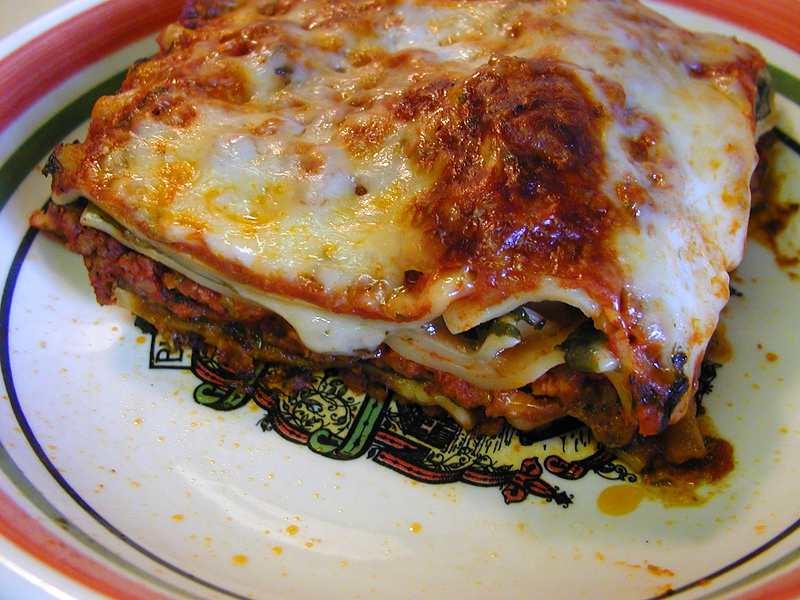Food allergy deaths are never an easy topic, but one I feel obligated to write about. Since I started writing this column, I've re-immersed myself in the chat world of food allergies and I've been struck -- all over -- by how often we reference these children. (I was even in one conversation recently where one of these dead children was used with the intent to "win" an argument.)
I'm going to assume you've done your homework as a parent. You've met with a good allergist. You've done the testing required to truly identify your child's allergies.You have an Epi-Pen if appropriate, and a good action plan from your doctor on when you should use it. You've done everything you can to make the people and environment around your child as safe as possible.
Given all that, why are we still obsessively reading these stories? What is it we hope to learn?
The answer I've heard over the years is that parents want to know what went wrong so they won't make the same mistake. On the surface, that seems sensible. But, after a while, the reasons for these deaths become familiar. Cross-contamination. Manufacturing mistakes. A caregiver substitutes the wrong food. An Epi-Pen was not readily available. Food was eaten in a restaurant without checking for ingredients. Or perhaps ingredients were checked but the server/chef/manager gave inaccurate information.
And, of course, the ones that haunt us most are the ones where the parents did everything right. They recognized the reaction, treated it promptly and the child still died.
Stress from food allergies is like a lasagna. When we first start on our food allergy journey, the first few stories we hear are like the first few layers -- necessary, nutritious. But the stories just keep piling on, layer after layer after layer. After the 20th layer, something's gotta give. It's just more than any human being could possibly digest.
And, oddly, there's a whole other list of children whose names we do not reference. Mercedes Mears died at school from an asthma attack. Aylin Rodriguez died when the car in which she was riding was broadsided. There are four thousand deaths a year from asthma. More than a million children worldwide are killed each year in car accidents. And yet, these children do not get added to our stress lasagna. Why is that?
Daniel Gilbert wrote an excellent book about risk entitled Stumbling on Happiness. The book posits that there are four characteristics crazy-making threats have in common:
- The perception that someone is doing something to us. Chance events (think global warming) are nowhere near as scary as events where someone intends us harm (think terrorism).
- The feeling that someone is acting immorally. Feelings of anger or disgrace kick us into high gear.
- The immediacy of the threat. The further away in time the bad thing may occur, the less we respond.
- How quickly change occurs. If a threat happens gradually (that funny on-and-off knocking in your car), it's taken less seriously than changes that happen suddenly (the THWAMP noise).
- We perceive schools, friends and society as neglecting our children, and even sometimes intentionally wanting to harm them.
- We feel angry and societally-marginalized when our children are excluded.
- We are aware that food allergies can happen anywhere, at any time.
- When they do happen, the threat is rapid and dramatic.
I've attended several FAAN conferences over the years. The highlight for my husband and I is always the parent lunch, the opportunity to meet other parents from around the country dealing with the same things we're dealing with. The conferences are somewhat self-selecting. Most of us are there because we're not casual parents when it comes to this stuff. We want to know everything we can know, prevent everything we can prevent.
I'm always surprised at how quickly the get-to-know-you banter is set aside and the big issues come out. And the "big issue" is never dealing with reactions - it's almost always anxiety. "My nine year old is afraid to eat; we had to put her in therapy," was one year's subject.
"There are days I feel like it would just be easier if we never left the house," said another mother. "It just seems like there are dangers everywhere."
By now, we know it all. We're doing it all. And yet, we're still piling on the stress, layer by layer by layer. We're still reading the stories.
Don't get me wrong - I think what the parents of children who have died from food allergy reactions do to spread awareness in our community is an amazing thing, and one that I'm not sure I could do if I were in their shoes. It's important work to reach out to the just-diagnosed and help them to learn. But there comes a time to say "I've learned what I can learn" from these situations.
I'm sure some will call that denial. But anxiety disorders can be just as debilitating as food allergies. And you don't see them coming because they don't involve others, don't make us angry, take time to develop and have no dramatic symptoms. It makes no sense to ignore the mental health threat to our community and focus only on the physical.
17 years is a LOT of lasagna. I'm putting down the fork.
Follow me on Facebook for updates!

Awesome. Thank you.
ReplyDeleteThank you. I needed this. I think I will print it and keep it handy for those (unfortunately too frequent) moments when I descend into a "stress spiral."
ReplyDeleteYes. Exactly. Yes. Thank you. I am so tired of feeling like I am yelling into the wind telling other allergic parents about odds, statistics and fear. Thank you. No stress lasagna for me; it's not allowed on my diet of life.
ReplyDelete